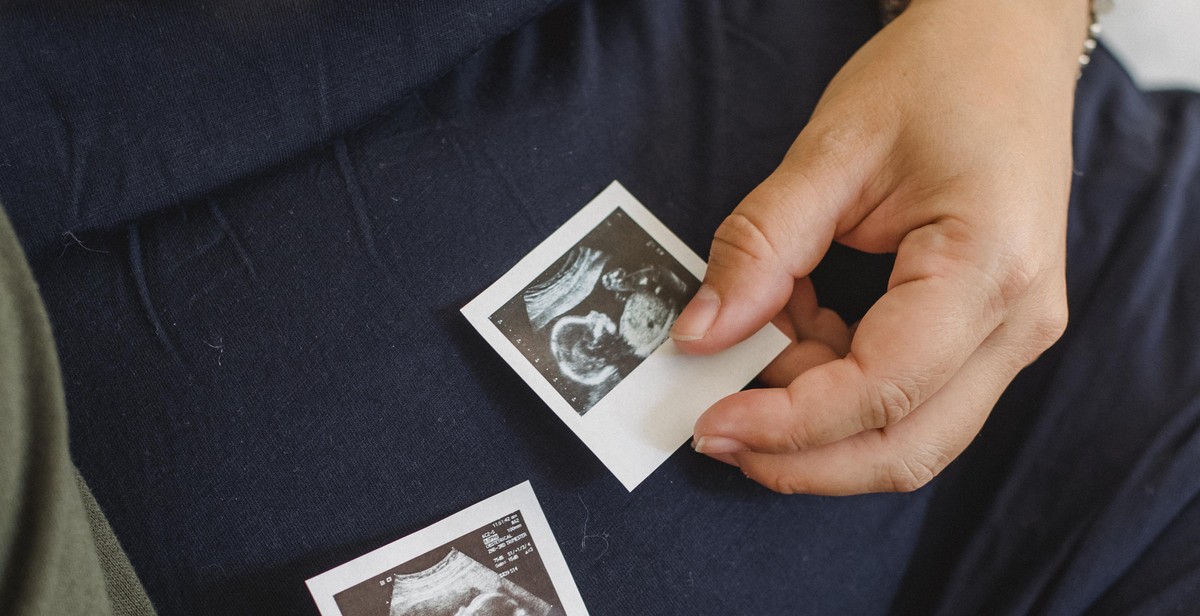Love Guru’s Advice on How to Handle Rejection
Being rejected is never easy, especially when it comes to matters of the heart. It can leave you feeling hurt, confused, and even questioning your self-worth. However, rejection is a normal part of the dating process and it happens to everyone at some point in their lives. The key is to learn how to handle rejection in a healthy and constructive way.
As a love and relationships psychology guru, I have helped countless individuals navigate the ups and downs of dating and rejection. In this article, I will share my expert advice on how to handle rejection and move forward with grace and confidence.
Understanding Rejection
First and foremost, it’s important to understand that rejection is not a reflection of your worth as a person. It simply means that the other person was not the right match for you at this time. It’s important not to take rejection personally and to avoid blaming yourself.
Processing Your Emotions
It’s natural to feel a range of emotions after being rejected, including sadness, anger, and disappointment. Allow yourself to feel these emotions, but avoid dwelling on them for too long. It’s important to process your emotions in a healthy way and then move on.
Maintaining Perspective
Remember that rejection is not the end of the world. It’s simply a bump in the road on your journey to finding the right person. Maintain perspective and keep a positive outlook. With time and patience, you will find the right match for you.
- Understand that rejection is not personal
- Process your emotions in a healthy way
- Maintain perspective and keep a positive outlook
Understanding Rejection
Rejection is the act of refusing or dismissing something or someone. In the context of love and relationships, rejection occurs when one person does not reciprocate the romantic or sexual interest of another. Rejection can be a painful experience and can have a significant impact on an individual’s self-esteem and emotional well-being.
Types of Rejection
There are various types of rejection that one can experience in a romantic or sexual context. These include:
- Direct Rejection: This occurs when someone explicitly tells you that they are not interested in pursuing a relationship with you. This can be done in person, via text message, or through other means of communication.
- Indirect Rejection: This occurs when someone does not explicitly reject you, but their actions or behavior indicate that they are not interested in pursuing a relationship with you. For example, they may avoid spending time with you or not respond to your messages in a timely manner.
- Ghosting: This occurs when someone abruptly stops communicating with you without any explanation or warning. This can be a particularly painful form of rejection as it leaves the individual feeling confused and uncertain about what went wrong.
- Benching: This occurs when someone keeps you on the sidelines, stringing you along and giving you just enough attention to keep you interested, but not enough to commit to a relationship.
- Breadcrumbing: This occurs when someone gives you intermittent attention and communication, but never fully commits to a relationship. This can be a frustrating and confusing form of rejection as it can leave the individual feeling hopeful at times, but ultimately disappointed.
Understanding the different types of rejection can help individuals better navigate and cope with the experience. It is important to note that rejection is a normal part of the dating process and does not necessarily reflect on the individual’s worth or desirability.
| Tip: | When faced with rejection, it can be helpful to focus on self-care and engage in activities that bring joy and fulfillment. Additionally, seeking support from friends, family, or a therapist can help individuals process and move on from the experience. |
|---|

Why Rejection Hurts
Rejection is a painful experience that can leave a lasting impact on a person’s mental and emotional well-being. It triggers a range of negative emotions such as sadness, anger, frustration, and disappointment. The reason why rejection hurts so much is because of the way our brains are wired to respond to social exclusion.
According to research, the same areas of the brain that are activated when we experience physical pain are also activated when we experience rejection. This means that the pain of rejection is not just a metaphorical expression, but a real physical sensation that our brain registers.
The Psychology of Rejection
The psychology of rejection is complex and multifaceted. It involves a combination of cognitive, emotional, and behavioral responses. When we experience rejection, our brain goes into a fight or flight mode, triggering a stress response that can lead to a series of negative thoughts and feelings.
One of the main reasons why rejection hurts is because it threatens our sense of belonging and social identity. As social animals, we have an innate need to feel accepted and valued by others. When this need is not met, we can experience a sense of isolation and disconnection, which can be very distressing.
The Impact of Rejection on Relationships
Rejection can have a profound impact on relationships, both romantic and platonic. It can lead to a breakdown in communication, trust, and intimacy. When we feel rejected by someone we care about, it can be difficult to maintain a positive and healthy relationship with them.
However, it’s important to note that rejection doesn’t always have to be the end of a relationship. With the right mindset and approach, it’s possible to overcome the pain of rejection and move forward in a positive and constructive way.
- Communicate openly and honestly about your feelings
- Take responsibility for your own actions and emotions
- Practice self-care and focus on your own well-being
- Seek support from friends, family, or a therapist
By taking these steps, you can learn to handle rejection in a healthy and productive way, and build stronger and more resilient relationships in the process.

Love Guru’s Advice on Handling Rejection
Rejection is an inevitable part of life, and it can be especially painful when it comes to matters of the heart. Whether you’re dealing with rejection from a crush, a partner, or even a friend, it’s important to handle the situation with grace and resilience. Here are some tips from a love guru on how to handle rejection:
Acknowledge Your Feelings
The first step in dealing with rejection is to acknowledge your feelings. It’s normal to feel hurt, disappointed, and even angry when someone rejects you. Don’t try to suppress or ignore these emotions, as they are a natural response to rejection. Instead, allow yourself to feel and process your emotions in a healthy way. This might include talking to a trusted friend or therapist, writing in a journal, or engaging in self-care activities like exercise or meditation.
Don’t Take It Personally
It’s important to remember that rejection is not a reflection of your worth or value as a person. It’s easy to take rejection personally and feel like there’s something wrong with you, but this is not the case. People reject others for a variety of reasons that often have nothing to do with the person being rejected. Try not to take it personally and instead focus on moving forward.
Learn from the Experience
Rejection can be a valuable learning experience. Take some time to reflect on what you can learn from the situation. Was there anything you could have done differently? Are there any patterns or behaviors you need to address? Use the experience as an opportunity for growth and self-improvement.
Focus on Self-Improvement
Speaking of self-improvement, it’s important to focus on yourself in the aftermath of rejection. Use the experience as motivation to work on yourself and become the best version of yourself. This might include pursuing new hobbies, taking up a new skill, or working on personal goals. Focusing on self-improvement will not only help you move on from rejection, but it will also make you a more confident and attractive person in the long run.
Move On
Finally, it’s important to move on from rejection. This might mean cutting off contact with the person who rejected you, or simply giving yourself some space to heal. Whatever you do, don’t dwell on the rejection or hold onto false hope that things will work out. Accept the situation for what it is and focus on moving forward with your life.
Dealing with rejection is never easy, but by acknowledging your feelings, not taking it personally, learning from the experience, focusing on self-improvement, and moving on, you can emerge from the situation stronger and more resilient than ever before.
Conclusion
Dealing with rejection is never easy, but it’s an inevitable part of life. Whether it’s a romantic relationship or a job opportunity, rejection can leave us feeling hurt and discouraged. However, it’s important to remember that rejection doesn’t define us or our worth. It’s simply a part of the journey towards finding what we truly want and need.
As a love and relationships psychology guru, I advise that we should not take rejection personally. It’s not a reflection of our value as a person, but rather a mismatch of needs and desires. Instead of dwelling on the rejection, we should focus on learning and growing from the experience.
One of the best ways to handle rejection is to take care of ourselves. This means practicing self-care, surrounding ourselves with supportive friends and family, and pursuing activities that bring us joy and fulfillment. We should also use the rejection as an opportunity to reflect on what we truly want and need in a relationship or job, and work towards finding opportunities that align with those values.
Remember, rejection is not the end of the road. It’s simply a detour towards something greater. By keeping a positive mindset and focusing on personal growth, we can use rejection as a stepping stone towards a more fulfilling life.
